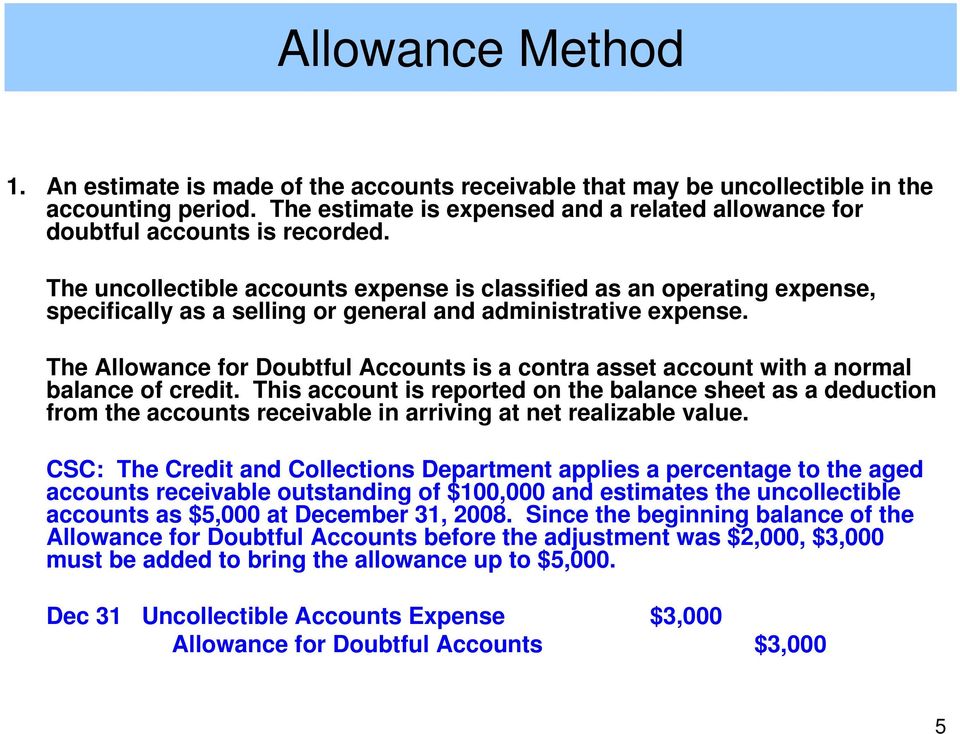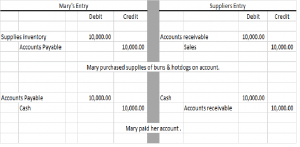
As you can see from our selection, there are quite a few options if you’re looking for an alternative to using QuickBooks. While many people love QuickBooks, and it’s easy to see the appeal of this cloud-based software package, the other selections we’ve highlighted here might be more useful for more specific needs. If you’re a business that specialises in selling products rather than services, you’ll want to check out Spendwise. This is a very practical solution that delivers lots of tools for managing inventory and tracking any type of product range.
What is the best free alternative to QuickBooks?
Along with the desktop app, Zoho Books’ mobile apps are also pretty robust. But the real added value is that it’s so easy to integrate Zoho Books with many of the other 55+ Zoho software interest receivable packages. If you are running a multi faceted business with quite a lot of complex chores to complete , then Zoho Books is well worth looking into. It is quite scalable and offers beefier versions for users with larger business concerns, or anyone intent on expanding their operations. We’ve put together a list of the best accounting software for small business. The best alternatives to QuickBooks make it simple and easy to manage your accounting with a different software package.
ZarMoney is a customizable software built for businesses that need flexibility and precision. At its core, it offers dynamic invoicing capabilities allowing businesses to generate bespoke online invoices tailored to their specific requirements. This adaptability extends to bank connections, integrating with over 9,600 financial institutions across the U.S. and Canada. This ensures that businesses how to calculate beginning year accumulated depreciation have a singular view of their finances, with the ability to review, edit and reconcile records efficiently. I didn’t have to spend time trying to figure out where features were because they were in intuitive places within my navigation process.
However, these solutions may require manual updates and lack some modern features found in cloud-based platforms. Wave Accounting free accounting software is best for businesses that want an easy-to-use accounting software. GnuCash free accounting software is best finding dory and parenting a child with sensory processing disorder for businesses that need to track investments and want software that’s compatible with Linux.
- If you are running a multi faceted business with quite a lot of complex chores to complete , then Zoho Books is well worth looking into.
- If your small business has less than five employees, you can use the free version of NCH for your accounting software.
- It had fields where I could name the folder and choose where it would be stored in “my cabinet,” allowing me to add a new top folder or create a subfolder to another existing folder.
- QuickBooks Solopreneur wasn’t rated in this evaluation because of its inability to track assets and liabilities.
And, businesses can customize their reporting using over 1,000-plus customizable reports. The dynamic statements feature allows businesses to craft balance sheets, cash flow statements and custom earnings reports that mirror their unique financial health. NetSuite’s representative said that pricing depends on the modules and users a company needs. Xero is a good choice for small businesses that are looking for an accounting software with payroll capabilities. The software is also a good fit for businesses that are growing quickly and need to track projects and organize their documents efficiently.
Best for document management
Other Zoho applications include stock management, HR administration, and customer relationship management systems. What you can do with Sage Business Cloud Accounting is create and send invoices and track your payments. You can set up automatic bank reconciliation and record receipts with AutoEntry (though this is a paid add-on after your first three months). The plans are affordable for individuals and small businesses—the lowest-priced plan is $10 per month, but you’re limited to one user; the advanced plan costs $25 per month and allows unlimited users.
Best alternative to QuickBooks accounting software of 2024

Wave Accounting is one of the most fully featured free accounting software options for small businesses. Its user-friendly dashboard, low learning curve, and easy expense tracking make it ideal for freelancers and small-business owners who don’t mind finding another app to manage inventory. It’s also a lot more comprehensive than most other free cloud-accounting software options. Zoho Books is a very useful and free non cloud-based accounting software. This is widely used as a very efficient desktop accounting software for small businesses. You can manage your finances, send out invoices, collaborate in real-time with an auditor, and more using Zoho’s online accounting software.
Square Invoices is an excellent invoicing solution for smaller businesses and individuals as it is free and easy to use, although it’s not the most robust invoicing solution on the market. It allows you to set up customer profiles with stored payment information and provides automation for reminders and estimate conversions. Despite being a free tool, Zoho Invoice received high ratings for its invoice customization and overall invoicing features. However, it faced some usability concerns, as it requires integration with Zoho Books to unlock access to accounting features. In comparison, QuickBooks doesn’t require integration and doesn’t have any usability concerns.
Best QuickBooks Alternatives
You can add more users to your account, but it costs $10 per user, per month, at which point FreshBooks loses considerable value. QuickBooks dominates the market for small business accounting—but it isn’t always the best answer, and there are many alternatives to QuickBooks to consider. Depending on your budget, required features, and industry, you might find an option that will meet your needs better. Along with subjective evaluation by our accounting experts, the ease-of-use score indicates whether the software is cloud-based. Other components include whether it requires a third-party bookkeeping software integration. Xero beats QuickBooks Online in terms of pricing, and Xero has no user limit, which makes it more scalable and flexible than QuickBooks Online.